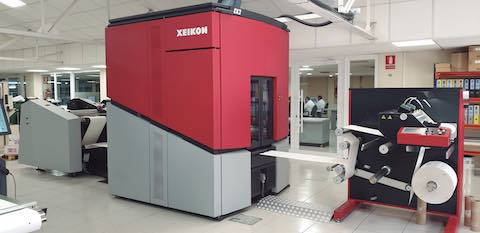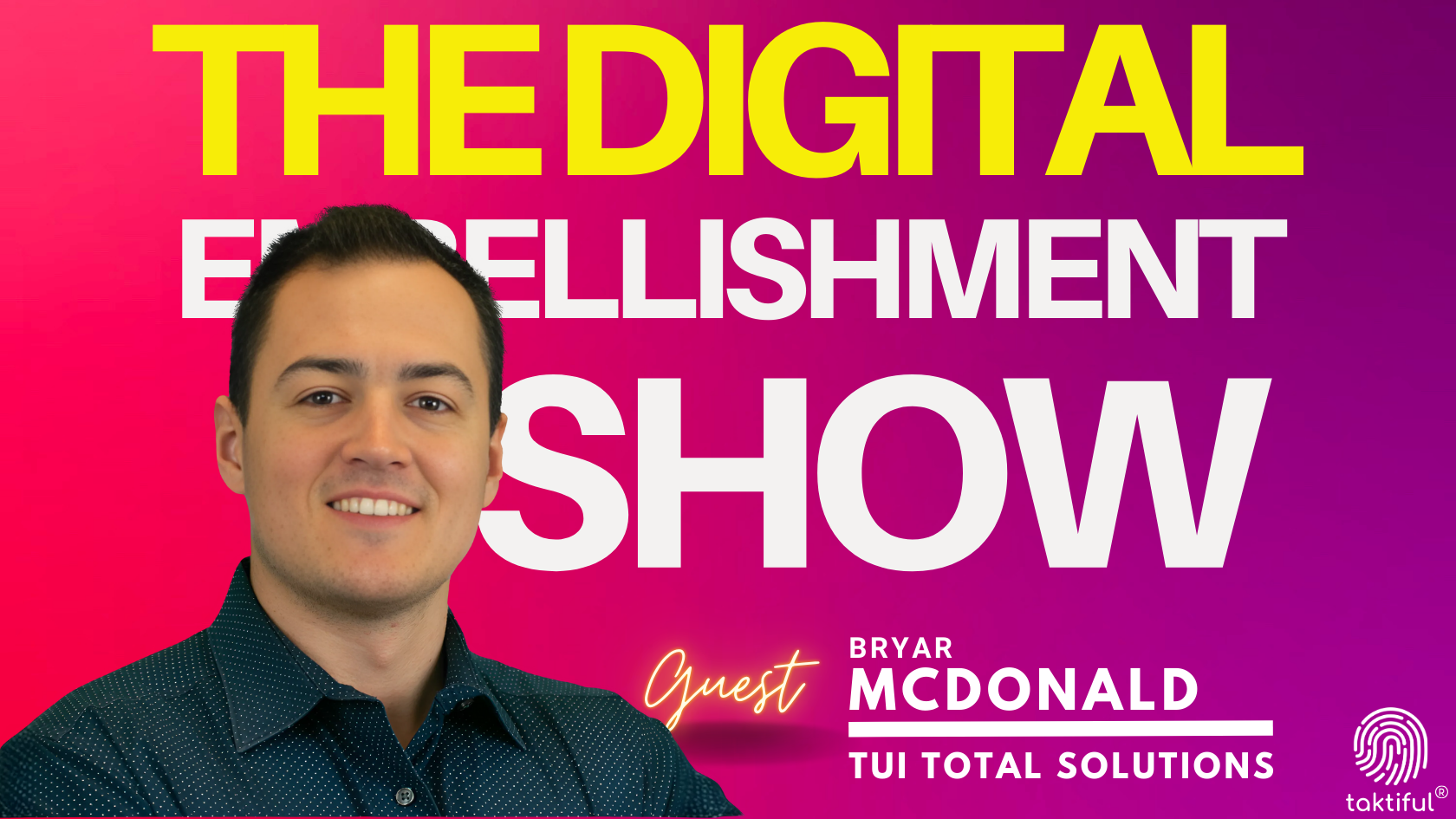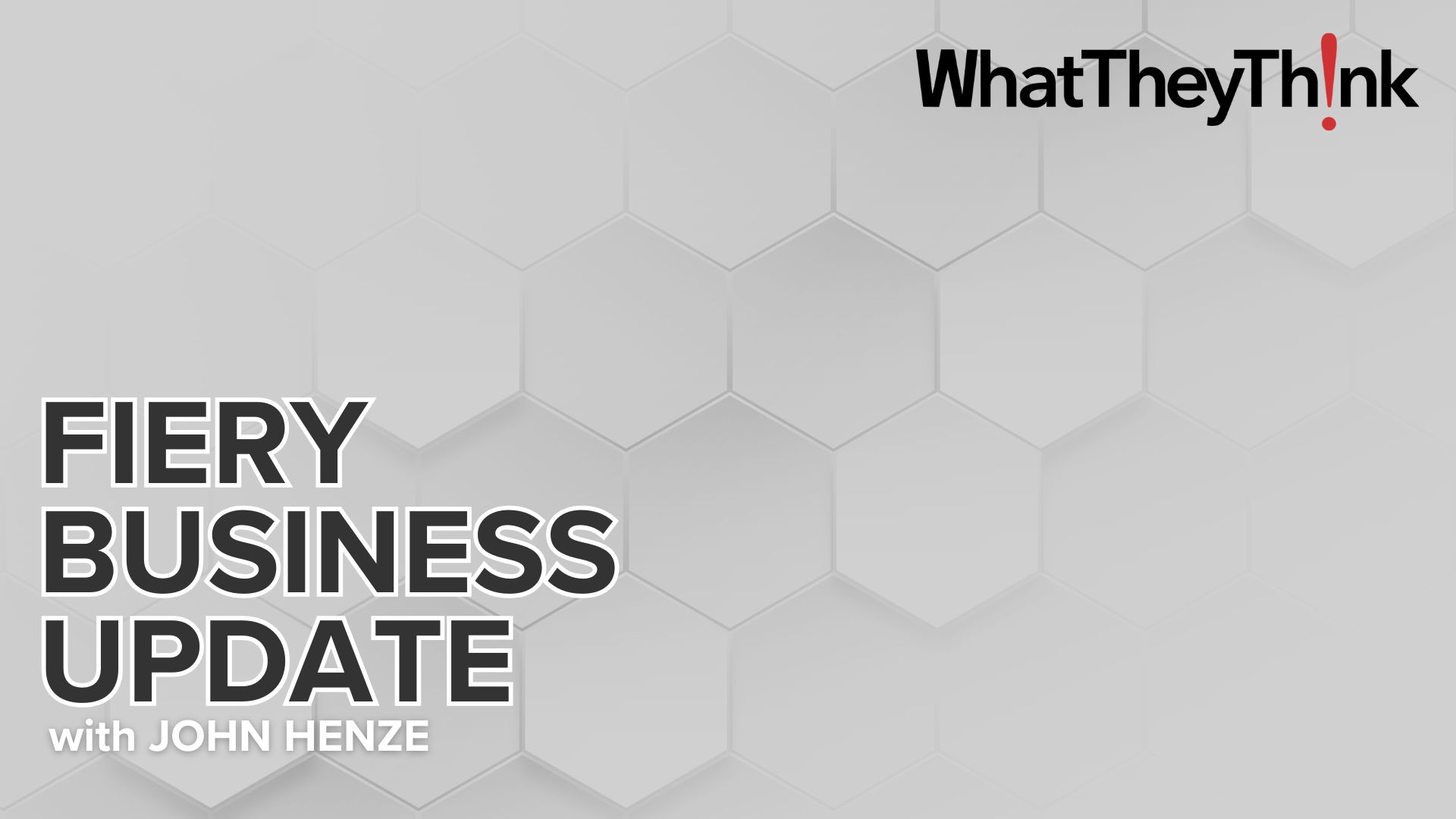ARGRAF Is Committed to Xeikon’s CX3 Dry Toner for Label Production
Press release from the issuing company
Lier, Belgium – With 40 years’ experience, ARGRAF has become a reference in the manufacturing of food labels and a leader in high-end wine labels. Its achievement of this position has been based on quality and innovation. In 2017, in order to continue its forward progress, the company decided to commit to web-fed digital printing by enlarging its self-adhesive department with the addition of two digital printing presses. In 2019, ARGRAF extended its portfolio again with the acquisition of a Xeikon CX3 digital press, designed specifically for the production of self-adhesive labels.
Jesús Davalillo, ARGRAF’s Pre-Printing and Digital Printing Director, explains the reason for this decision. “After two years working with another digital technology (liquid toner), we decided to add a press with dry toner technology which, apart from offering certificates for food contact and security, allows us to extend our product portfolio and to continue delivery of quality service to our clients.” The choice was the Xeikon CX3.
The Xeikon CX3 digital label press is based on Xeikon’s Cheetah technology, printing at a maximum speed of 30m/min. Its fast printing speed for every type of material, without the need for pre-printing, along with its stability, reliability and minimal maintenance, make the Cheetah series, both 330 and 520mm widths, the ideal Xeikon units for operations with higher printing volumes. This digital press, with very high resolution of 1,200 x 3,600 dpi, offers additional advantages such as its use of dry toners that comply, amongst other things, with the regulations of the American FDA on food contact, its great precision and colour stability, and the ability to print white toner with high levels of opacity in a single pass.
“We are very pleased with the quality of Xeikon’s opaque white and, in general, the stability of the press, and also the low levels of maintenance required. Although we have only been working with it for seven months and it is a bit soon to make a final assessment, we have confidence that things will continue in this way, which allows us to achieve maximum speed of 30 meters a minute for most materials, with only a few exceptions,” Davalillo said.
Toner technology
ARGRAF’s Pre-Printing Director is clear that the company’s production requires toner technology these days. “Although inkjet is advancing rapidly, and it may be that it is viable in the medium term for printing all types of material, we are presently putting our faith in toner. We are gradually gaining experience that tells us which of our two toner types is the best solution for each job. For us, these are complementary technologies, and we have to extract the best from each of them.”
Davalillo adds, “Xeikon’s Cheetah presses are dry toner electro-photographic presses, which means that we can generally use traditional media without having to test them first with pre-printing or use materials specifically manufactured for a particular technology. Apart from the widest colour gamut for four colour process, the Xeikon CX3’s fifth station can be used for custom colours, colours that extend the chromatic range, white toner, or for a security toner. The press works well with media in weights from 40 to 350 g/m².”
All these features benefit ARGRAF in its objective of offering any type of finish to embellish the label, and to anticipate changes in design, which are increasingly required. Davalillo explains: “Investment in technology and the experience of our personnel are key to providing a complex and quality product at competitive prices. We are proud of the fact that we always seek a viable solution for any design, always applying scalable, automated solutions that do not involve manual handling or multiple processes that would make production unmanageable and very expensive.”
ARGRAF has always had a strategy of growth, reinvestment and seeking new challenges. “For the last three years, we have been developing, and are now executing, a project that involves reorganising the company’s departments and processes, with the intention of giving a qualitative boost to our management capacity and improving interactions with our clients. We are making several technology investments, which includes a new web-fed offset press. We also keep a close watch on new developments in digital technology and, most likely within the next two years, we will add new capacity in this area as well,” Davalillo concluded.
ARGRAF is a family-owned business created by Martín Torroba and other partners in 1978, it produces more than 2.5 billion wine and tin labels each year. Its state-of-the-art technology and its specialisation have allowed it to position itself in the vanguard of new labelling techniques, with turnover of around 24 million euros; 80% of the turnover comes from wine labelling and the other 20% mainly from canned food labels, with a small percentage of other products mixed in. In the distribution by sector, self-adhesive labels represent about 65% to 70% of turnover, with the rest being sheetfed applications.
In addition to its three digital presses, the company has eight flexographic printing lines and two offset printing lines producing self-adhesive labels. ARGRAF also has seven finishing machines with different configurations for stamping, embossing and silk-screen printing, four sheetfed offset presses and two stampers for the sheetfed section. Its 140 employees are responsible for maintaining the effective and high-quality production that has enabled them to become a market leader.

Xeikon CX3 at Argraf.
- Questions to ask about inkjet for corrugated packaging
- Can Chinese OEMs challenge Western manufacturers?
- The #1 Question When Selling Inkjet
- Integrator perspective on Konica Minolta printheads
- Surfing the Waves of Inkjet
- Kyocera Nixka talks inkjet integration trends
- B2B Customer Tours
- Keeping Inkjet Tickled Pink
© 2024 WhatTheyThink. All Rights Reserved.















Discussion
Only verified members can comment.